Short-circuit protections in photovoltaic plants: Ensuring safety and efficiency
The proliferation of photovoltaic plants for the generation of clean energy has transformed the global energy landscape. However, as the use of this technology increases, so does the need to ensure it...
What are the Environmental, Social, and Governance (ESG) criteria?
ESG is the acronym for Environmental, Social, and Governance and the fact that it has been gaining more attention in recent years... It is for a very good reason! ESG factors can provide valuable insi...
The NIMBY (Not in My Backyard) phenomenon and renewable energies
The energy transition is impossible without renewable energy and, despite public agreement, not everyone wants a solar plant or a wind farm as a new neighbor. NIMBY (Not in My Backyard), or community...
Energy communities: what they are and how they work
They have ceased to be an isolated initiative to become an inspiring movement that gains followers. Energy communities represent a new model for producing and distributing energy. What are energy comm...
How do ESG rating works?
Environmental, Social, and Governance (ESG) criteria are used to assess a company's risks becoming relevant during the investment decision-making process. To secure our operations, it is necessary to ...
